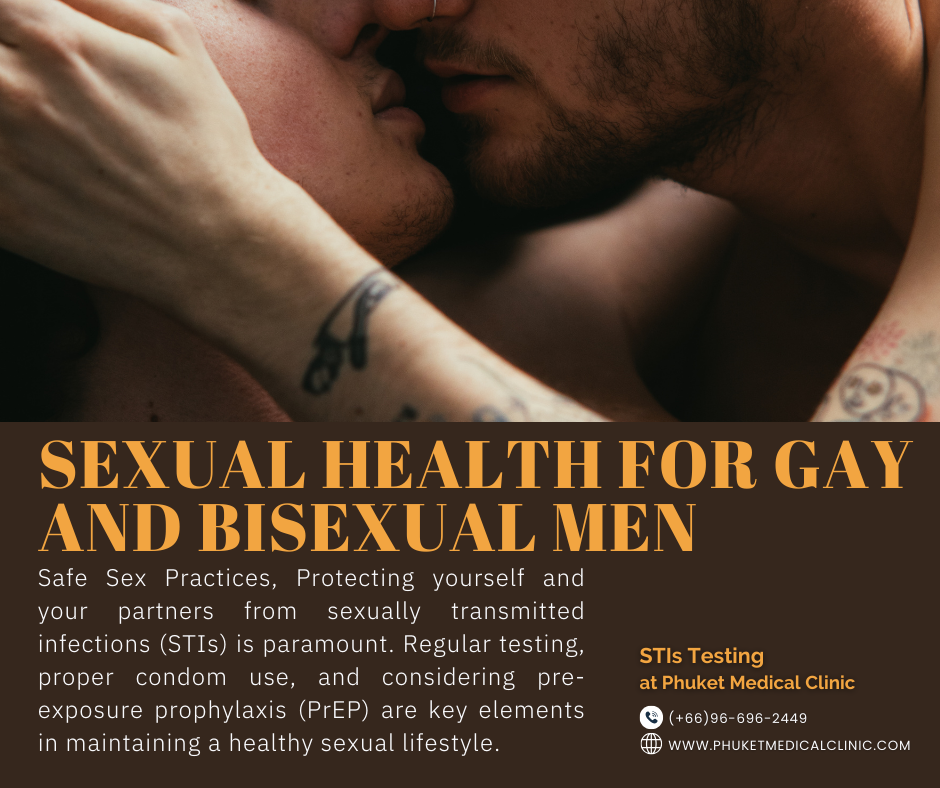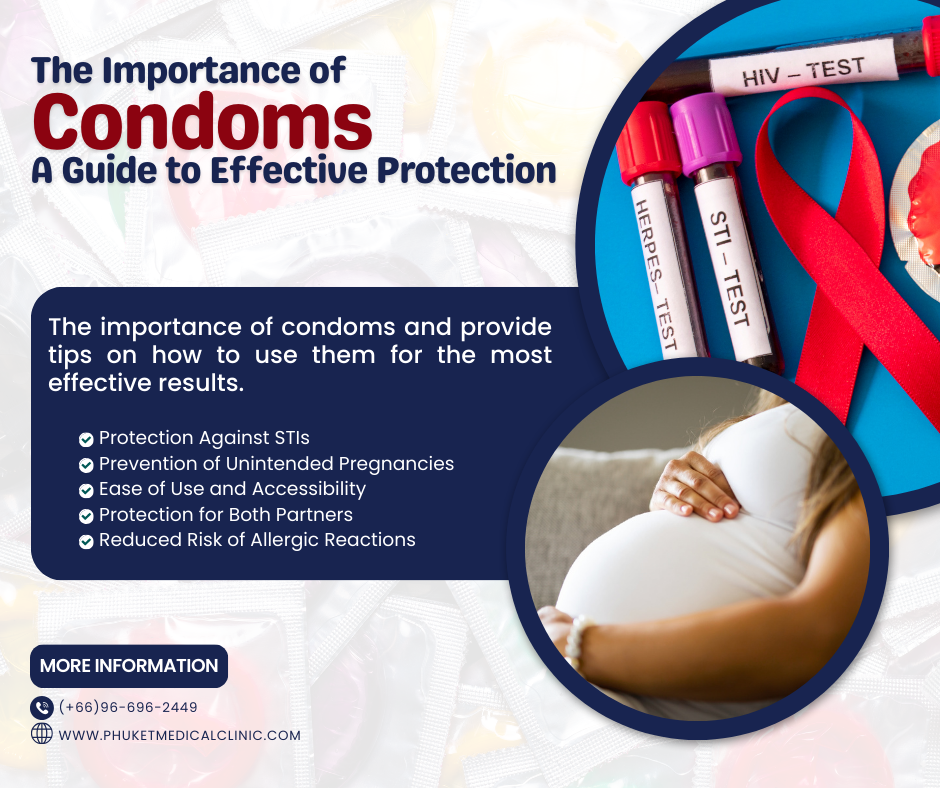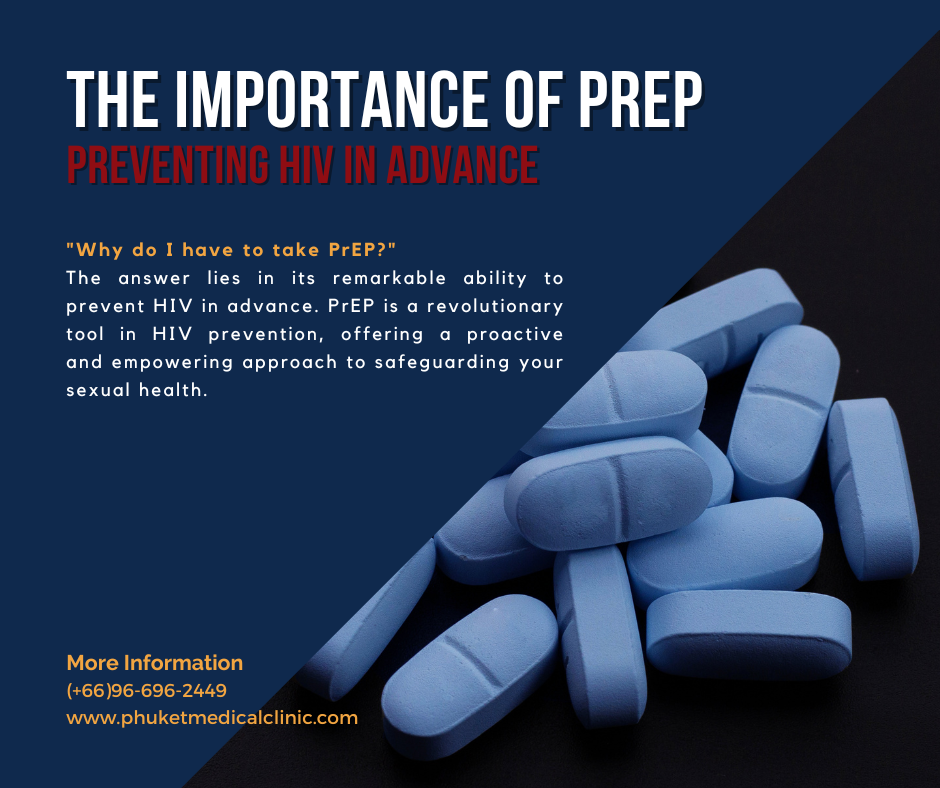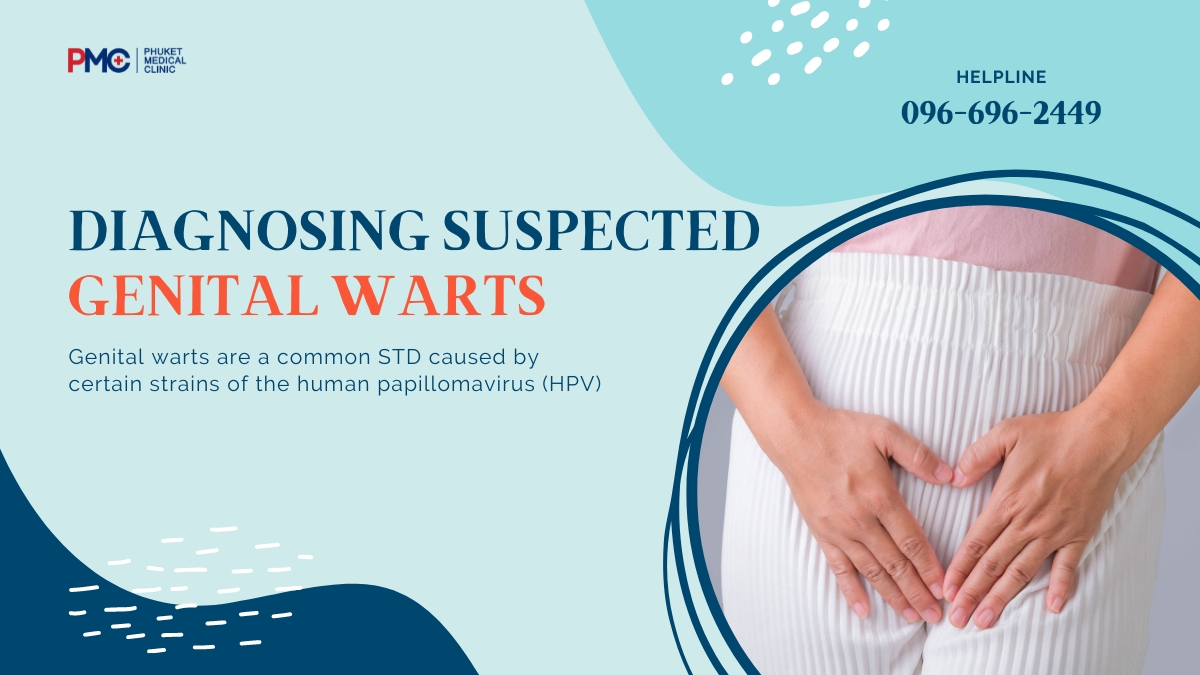In the realm of sexual health and protection, using condoms consistently and correctly is paramount. However, some individuals may wonder if doubling up on condoms can provide an added layer of safety. In this article, we’ll delve into the question: Can you use two condoms for extra protection? We’ll explore the potential risks and benefits of this practice and provide insights to help you make informed decisions about your sexual health.
Guide to the Benefits and Advantages of Using Condoms
In the realm of sexual health, the use of condoms is a widely recognized and effective practice. Whether you’re in a committed relationship or engaging in casual encounters, condoms offer numerous benefits that go beyond preventing unwanted pregnancies. In this article, we will explore the various advantages of using condoms and why they are an essential tool for promoting both sexual health and overall well-being.
Sexual Health for Gay and Bisexual Men
Sexual health is a vital component of overall well-being, and it’s crucial for individuals, regardless of sexual orientation, to prioritize and maintain a healthy sexual lifestyle. In this article, we’ll delve into the specific aspects of sexual health that are pertinent to gay and bisexual men, offering valuable insights, tips, and resources to foster a fulfilling and thriving sexual well-being.
The Importance of Condoms: A Guide to Effective Protection
In today’s world, where sexually transmitted infections (STIs) and unintended pregnancies are significant concerns, recommending the use of condoms is more crucial than ever. Condoms are a simple yet highly effective tool for protecting your sexual health. In this article, we will explore the importance of condoms and provide tips on how to use them for the most effective results.
The Importance of PrEP: Preventing HIV in Advance
In the world of HIV prevention, there has been significant progress over the years. One of the most groundbreaking developments in this field is Pre-Exposure Prophylaxis, commonly known as PrEP. If you’ve ever wondered, “Why do I have to take PrEP?” this article is here to provide you with comprehensive answers. PrEP is a powerful tool that offers a proactive approach to reducing the risk of HIV infection. Let’s explore the importance of PrEP in preventing HIV in advance.
Diagnosing Suspected Genital Warts
Genital warts are a common sexually transmitted infection caused by certain strains of the human papillomavirus (HPV). These small, flesh-colored or grayish growths appear on the genital area and can cause discomfort, itching, and pain. Genital warts are highly contagious and can be transmitted through sexual contact. Early detection and treatment are crucial for managing the infection and reducing the risk of transmission. In some cases, genital warts may resolve on their own, but medical intervention is often required. Effective prevention methods, such as vaccination and practicing safe sex, can significantly reduce the risk of contracting genital warts. Regular screenings and open communication with healthcare professionals are essential for timely diagnosis and appropriate management.






